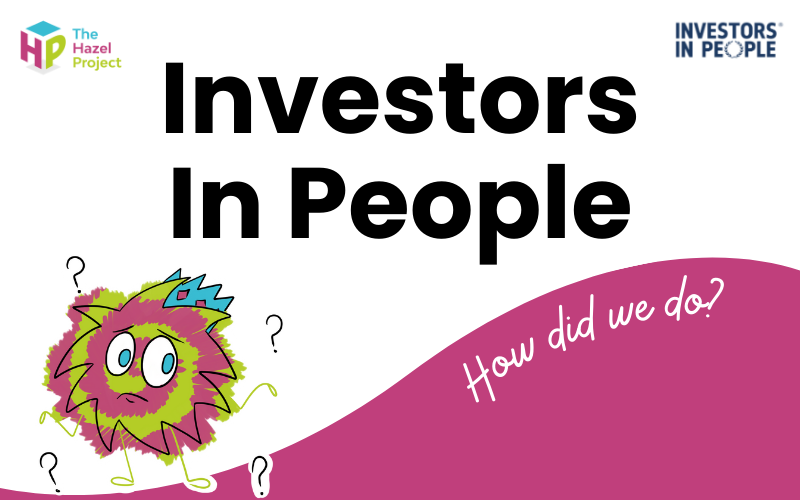Foster Agency Medway Kent Essex
Nurturing futures, one young person at a time.
The Hazel Project is committed to transforming the lives of vulnerable children through comprehensive foster care services.
Where every child can thrive.
Our mission is to ensure that children in care have the best experiences within nurturing family environments, where every child can thrive and reach their full potential.
Our compassionate, experienced team provides comprehensive support and resources to our foster families to help them to be able to make a real and lasting difference to the children in their care.
Outstanding
The Hazel Project is formed by a partnership between Xcel 2000 and Diverse Care, two Ofsted Outstanding-rated fostering organisations.

Request a brochure
Finding the information that you need to choose the organisation that you would like to foster with can be confusing. That’s why we have created our “Introduction to Fostering” brochure. It is packed full of information to give you a good, general overview of fostering as well as a better feel for The Hazel Project and why our fostering organisations are both rated “outstanding” by Ofsted.
Our Introduction to Fostering brochure includes videos of our foster parents, foster children and their families sharing their experiences of foster care and foster parent blogs which give insight into the realities of fostering. It outlines the process to become a foster parent, the support that foster families can expect when fostering with us and includes an overview of our fostering fees and allowances.

Become a foster parent
Find out more about becoming a foster parent.
Fostering allowances
Discover more about fostering pay.
Types of fostering
Want to learn more about the types of fostering?
Why become a foster parent with us?

For more than 35 years, independent fostering organisations (like Diverse Care and Xcel 2000 – the two organisations working together to make the Hazel Project) have been looking after some of the most vulnerable children in the country on behalf of Local Authorities.
The work is equal parts challenging and rewarding. All of our children have experienced trauma that no child should. As a result, many of our children will be struggling at school with their emotions and with their behaviour. Intellectually we can understand and explain their struggles – but the amazing bit of the work is that we manage to find truly astounding foster families who can live alongside these children and who contribute a great deal to their healing.
Our foster families have access to a suite of services and a comprehensive training programme to help them meet the needs of their vulnerable young people as well as receiving generous fostering allowance for their time and efforts. There is a strange opinion in this country that foster parents should not be well paid for the work they do. We have no problem paying nurses, therapists, doctors, teachers, social workers etc for the amazing work they do in the care sector – so why the difference? If we want the best people in the country to perform the task of living alongside traumatised children – we believe we have to pay them well. Otherwise, some people who could potentially be incredible foster parents will be lost to other professions.
Our latest news

We have received OUTSTANDING in all areas on both our Ofsted inspection’s! 🎉
The reports recognise the dedication, compassion, and professionalism of our foster parents, staff, and wider community, and highlight the high standard of care provided to children and young people placed with our organisations....

We have received OUTSTANDING in all areas on both our Ofsted inspection’s! 🎉
The reports recognise the dedication, compassion, and professionalism of our foster parents, staff, and wider community, and highlight the high standard of care provided to children and young people placed with our organisations....

We achieved the accredited level of the ‘We Invest in People’ award! 🎉
We are delighted to announce that, following a recent visit from Investors in People, our organisation has successfully achieved the accredited level of the ‘We Invest in People’ award. ✨ This achievement is particularly meaningful as our results exceeded both the...

Does your young person have an interest in Law?
‘It’s important to empower young people and make them believe in themselves because there is a skill-set and unique strength in every single care-experienced person that’s waiting to be found. So why couldn’t it be found by lawyers? Why couldn’t it be us that supports...